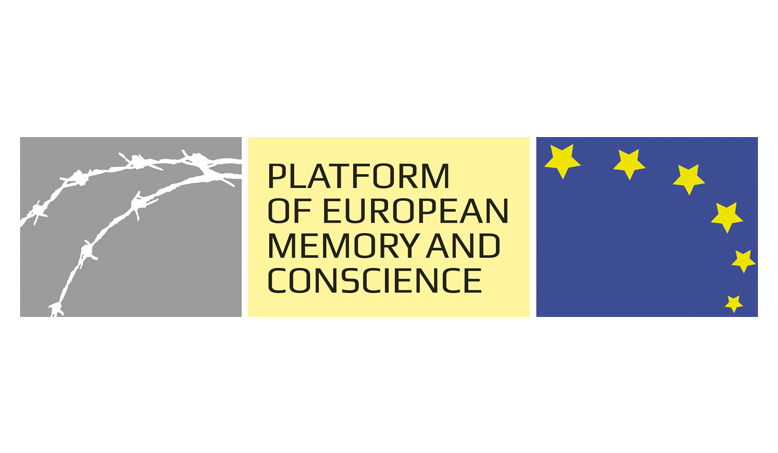Holodomor Victims Memorial participated in the International Conference on totalitarianism in Europe in the XX century.
On June 28, 2018, an international conference “Roads to totalitarianism in the XX century – the turning points” was held in Prague. The conference was devoted to the research on critical moments, turns in European history of the XX century and political decisions that led to the emergence of totalitarian regimes. The main focus was on the lessons of the European history in the XX century and parallels to the current political situation: the guarantees of countering the threats against democracy in Europe today.
The conference was opened by President of the Platform of European Memory and Consciousness Lukash Kaminsky and Deputy Director of the Polish Institute in Prague Laura Trebel-Gniazovska.
The first meeting was devoted to the history of the emergence of Nazi and Communist totalitarian regimes in Europe. The discussion participants discussed the similarities and differences between the two regimes and the factors that played an important role in Hitler’s and Stalin’s coming to power. During the second meeting, the conversation went on to discuss the attitude of the totalitarian regimes to the personality, human rights and freedoms. Yana Grinko, an employee of the National Museum of the Holodomor Victims’ Memorial, told about violations of fundamental human rights and freedoms during the genocide of the Ukrainian nation – the Holodomor.
In the second part of the conference, Czech researchers discussed the impact of such major events as World War I, the Great Depression, the Ribbentrop-Molotov Pact, World War II, on the spread of totalitarianism in Europe. In their reports, the researchers were telling more directly about the destiny of the Czech Republic in 1938 and 1948.
At the final meeting of the International Conference “Roads to totalitarianism in the XX century – turning points”, with the participation of lawyers and political scientists, there were considered the effects of totalitarian regimes: How did the European countries experience these consequences? What were the main obstacles? Was this a profound process of catharsis? And why so many culprits are not punished?
The special guest speaker, Czech politician and diplomat Alexander Vondra, completed the meeting with the speech about problems in the political sphere of modern Europe: new challenges to democratic values and peaceful coexistence on the continent, and possible ways to overcome the threats to democracy.
The organizer of the conference is the Platform of European memory and conscience. Museum became its member in 2015.
